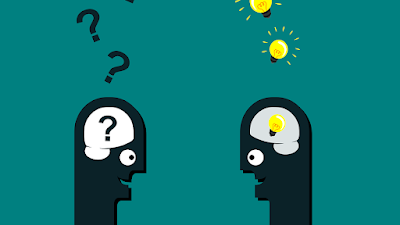If your audience already knows your topic well, you can say a few words and activate their existing knowledge base, complete with all their unchallenged assumptions.
But if your audience does not know your topic well, and especially if they have certain assumptions, biases, and prejudices that prevent them from understanding what you are saying, you need to help them deconstruct those existing frameworks before you can begin to make your point.
I can present *something* valuable in 15 minutes, but the fact that I can't explain how to end weight bias in healthcare in 15 minutes doesn't mean I'm not an expert, it means the person asking me to do so isn't.
— Ragen Chastain (@danceswithfat) March 4, 2022
This is part of the reason why education takes time. It isn't just a knowledge transfer of a few key phrases. It's teaching people how to think, which includes a large body of facts plus the ability to reason and emote their way through those facts.
Why are college classes 90 minutes long? Don’t any professors know the material well enough??
— Sean Ringey (@z3an) March 5, 2022
Some people are good at presenting information quickly and clearly. That's one useful skill (among many others) for teachers to have, but it isn't necessarily what makes someone an expert in their subject matter. Students, too, may be experts-in-training. They become experts by spending a long time listening — and realizing that they must never cease to learn. Expertise is an ongoing investment of time.





No comments:
Post a Comment